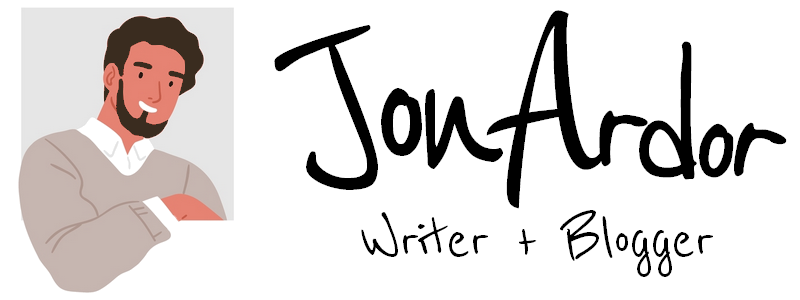7 Common Characteristics of Academic Writing

Writing academically can be a daunting prospect and a challenging process for anyone. Perhaps you’re reading this blog post and you’ve never actually had to write an academic paper before…and know you do! Frantic, you go to the place you’ve always gone before for help and advice: Google. And then you found this blog post.
Well, we understand that a college or academy can be a stressful place–especially if you’re a newbie. But we also know that you’ve got this! You’ve got the skills–or will have them soon. You don’t have to panic and you certainly shouldn’t give up. In this blog post, we’re going to look at several characteristics of good academic writing so that you can use them in your own student career.
Here are the seven common characteristics of academic writing:
1. Cultured, knowledgeable vocabulary

Academic writing comes with its own set of expectations and literary mores. No longer can you write the “This summer I did…” essays that may have seen you through grade school. Instead, it’s important that your vocabulary be broad enough to accurately convey your meaning. This doesn’t mean that you should pepper your prose with obscure words that hardly anyone knows the meaning of anymore.
You shouldn’t go hunting in your thesaurus for a different word to take the place of every single word you plan to use in your paper. That would be insane! Write simply, clearly, and precisely so that your readers will know exactly what you mean. Use good, strong words that don’t lower the tone of your important subject, but that will instead elevate even a trivial subject.
A cultured vocabulary can be polished and finessed by taking academic courses continuously. You need to keep working and learning to develop a large vocabulary database.
2. Flawless prose (no typos!)

Perfection is a defining characteristic of academic writing. Along with writing with clear, good words, you want to make sure those words…and sentences…and paragraphs are free from any ugly, embarrassing typos. Mistakes of any kind will instantly lower the quality and seriousness of your work, so it’s extremely important to proofread your work at least once (and preferably more than once). If you can, enlist the help of a friend or colleague to proofread as well. A fresh set of eyes can be invaluable for hunting out typos.
3. Avoidance of blanket statements

Instead of saying “All people do/think/say this about [xyz]”, you should try to temper those strong statements with a bit of hedging or simply declining to write those types of sentences in the first place. After all, there are few–if any–things that every person in the world does, says, or thinks.
Academic writing should be fair, objective, and unbiased, and when you make blanket statements and sweeping generalities (especially about people), those qualities can go right out the window.
4. Proper distance in the point of view

Now is not the time to whip off an essay written in letter format to the dean, in a sort of low-brow, joking manner. We’re pretty sure you’d never do something like that, but we did want to let you know that academic writing is usually written from a distant third person point of view.
You, the author, should never really come into the essay/paper in a personal sense unless the topic is specifically something about you and your experiences. Otherwise, keep a tidy distance from the subject matter (while not becoming dry, boring, or patronizing).
5. Accurate, proven facts

What could be worse than writing an academic paper based on your feelings and assumptions rather than facts? Or to use facts that you hastily researched and thought were right, only to find out that they were terribly wrong? Few things are worse in the world of academia. When writing an essay or a paper, you need to be sure of your facts (as sure as you reasonably can be).
When possible, go right to the source. When that isn’t possible, use books that are trusted and proven through the careful research and study of others. Use the internet as a last resort. There is plenty of good information on there, but it can be difficult to know what is accurate and what is not.
6. No extraneous prose

It can be tempting to overwrite a topic, especially if the subject is one in which you are very interested or if you have a word count that you must reach. However, good academic writing gets right to the point and doesn’t waste the reader’s time with a lot of padding and filler. As much as you might want to let your pen/keyboard run away with you in a lot of interesting, but wholly unnecessary prose, don’t succumb to the temptation!
7. Appropriate citations

Give credit where credit is due! Don’t steal a quote or even a concept from another source without giving appropriate citation. To do so is low and cheap and, in some instances, may even be illegal.
